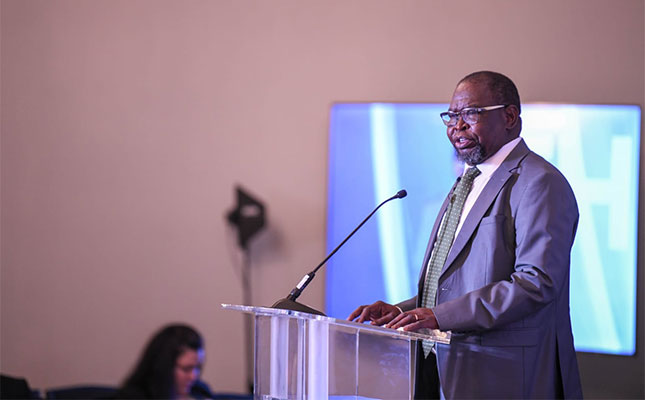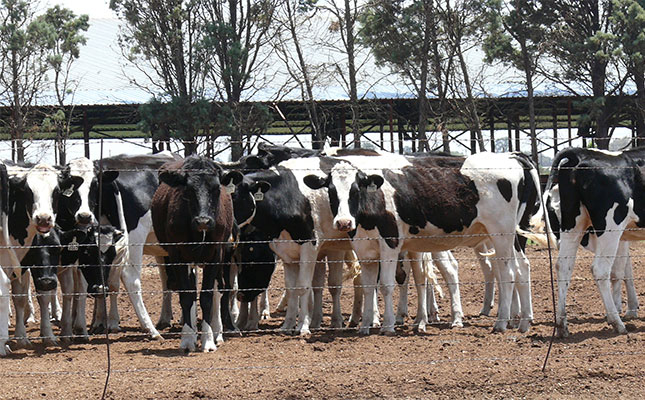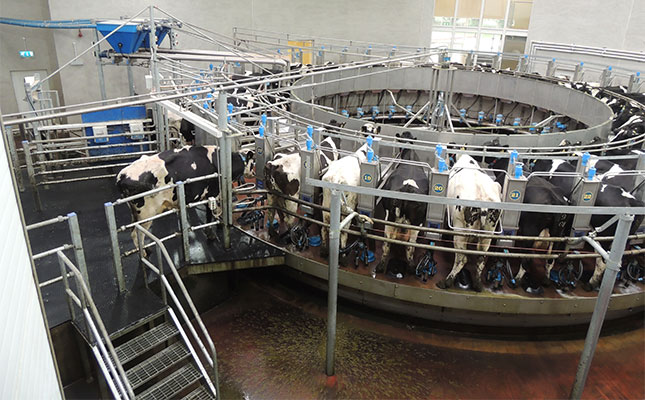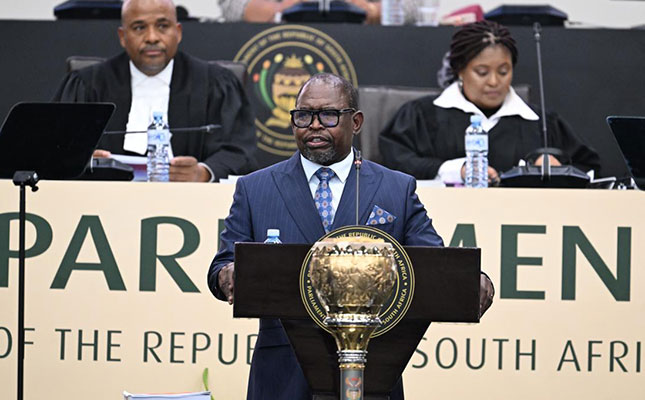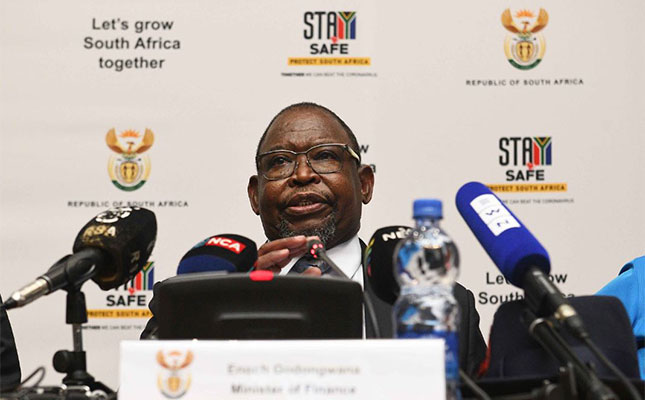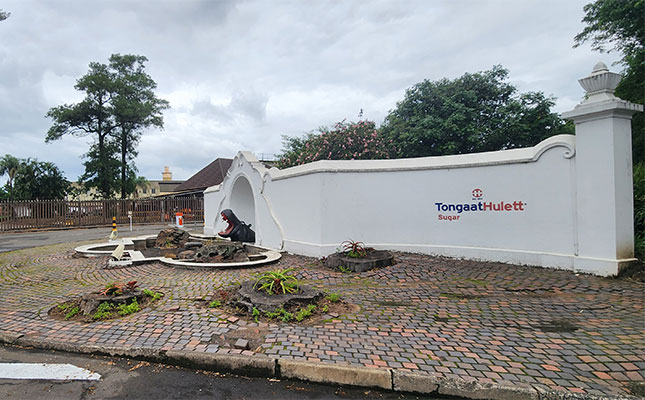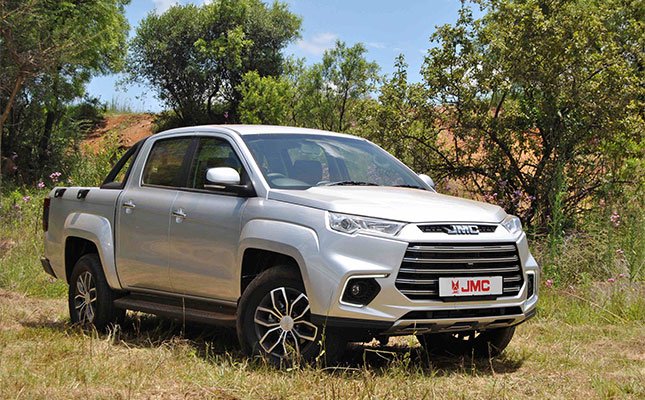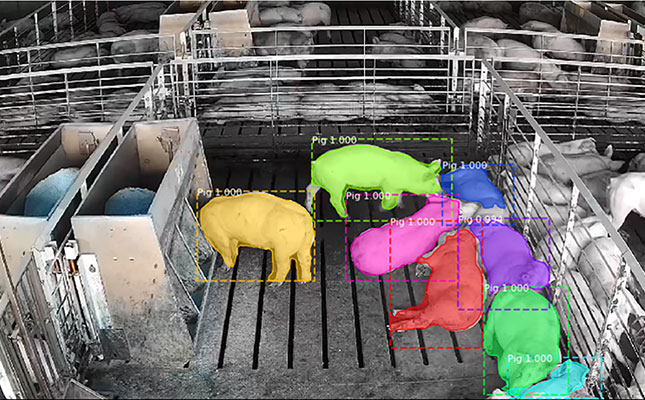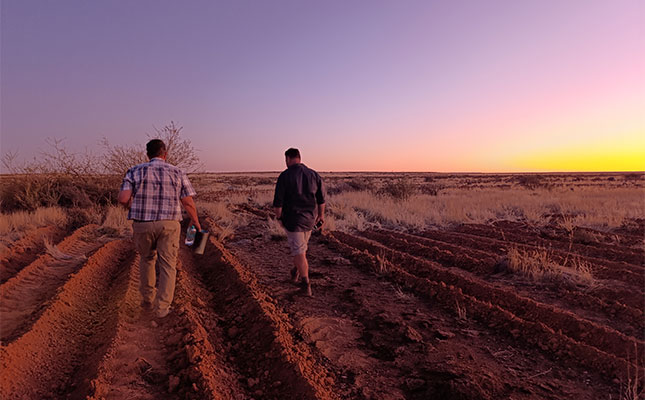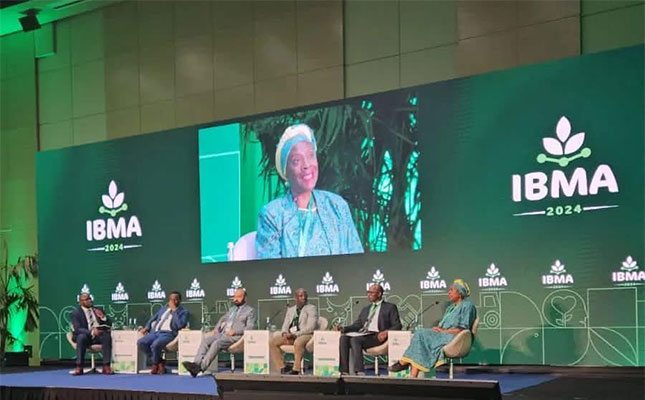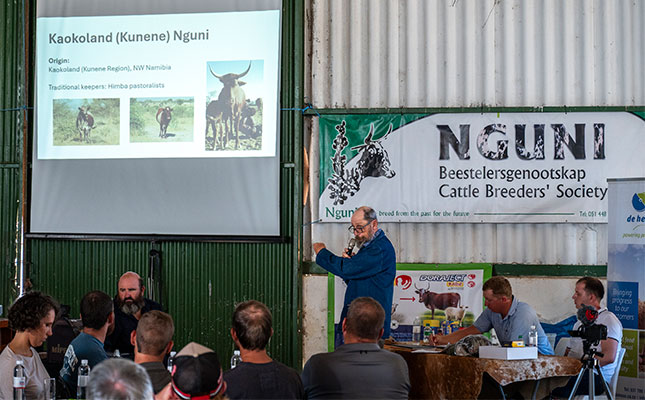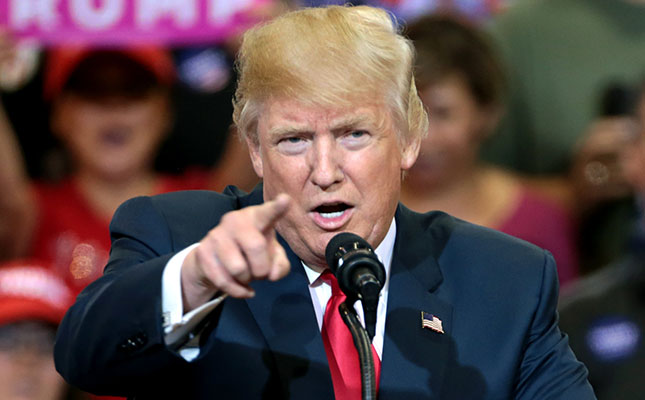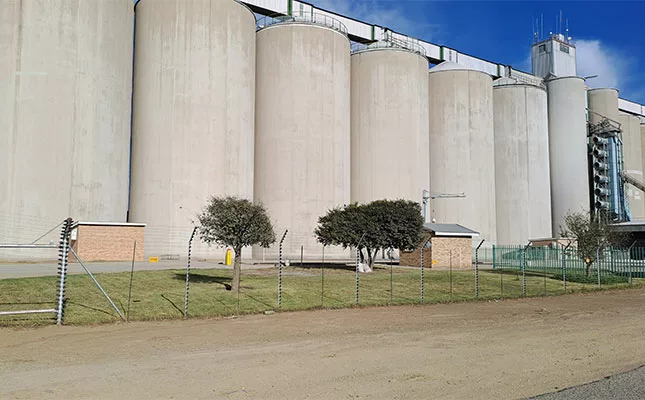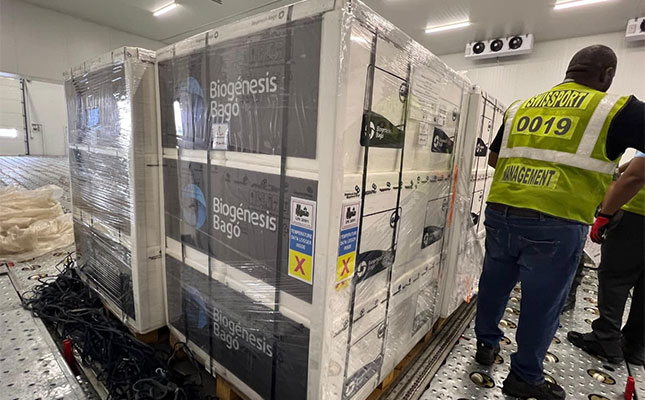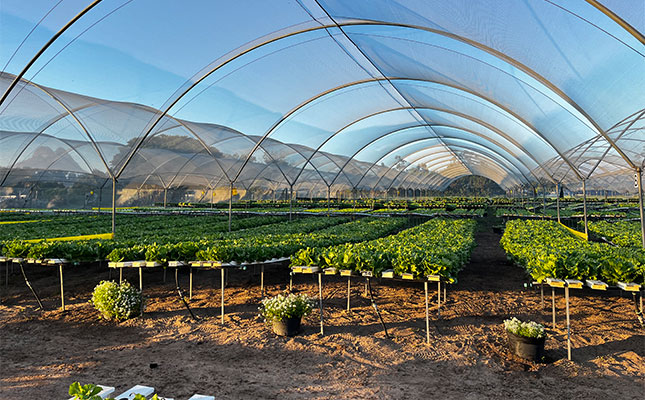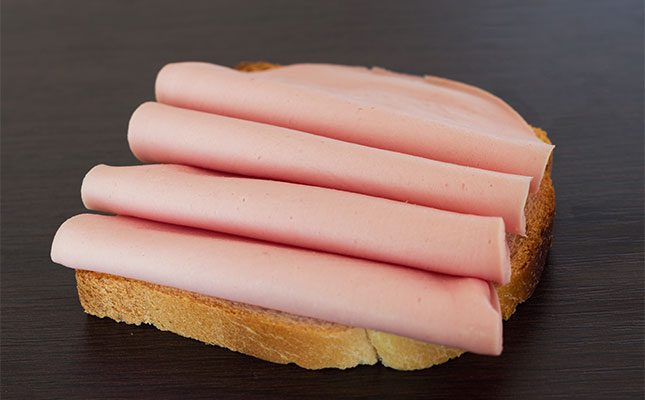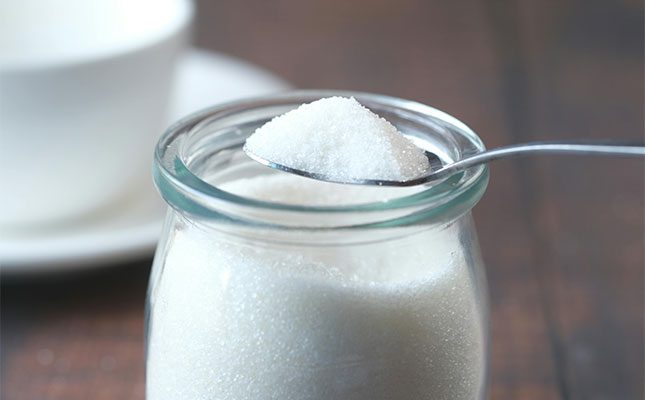
Over the eight months to end-August 2025, South Africa imported 149 099t of sugar, mainly from Brazil, compared with 35 730t during the same period last year. For every ton of foreign sugar sold locally, the domestic industry loses R7 600, resulting in an estimated loss of R760 million so far this year.
In response to the leap in imports, the Mpumalanga sugar industry hosted an engagement recently that brought together Mpumalanga Premier Mandla Ndlovu and senior leadership from across the sugar industry to discuss critical issues and explore synergies for economic, rural, and agricultural development.
Speaking to Farmer’s Weekly, Trix Trikam, acting chairperson of the South African Sugar Association (SASA), said the meeting was a milestone for the province and the industry.
“We have not even done this in our home province of KwaZulu-Natal. Indeed, Mpumalanga is leading the way,” he said.
He also commended Ndlovu’s commitment to working with the sugar industry, noting that government support has already helped the industry achieve temporary relief on the sugar tax moratorium.
“We are continuing with our endeavours to convince Treasury and national government to officially put any sugar tax in abeyance until 2030, which is when the all-important Sugarcane Value Chain Master Plan is set to expire. Therefore, Premier [Ndlovu], we still need your powerful voice on this one,” Trikam added.
Imports compromise industry’s sustainability
Trikam said the surge in sugar imports now threatens the industry’s sustainability, as they have displaced locally produced sugar and undermine small-scale growers and rural communities.
To stabilise the market, SASA has applied to raise the dollar-based reference price from US$680 to US $905 (around R11 800 to R15 700) per ton, providing much-needed protection against sugar dumping.
“Without an appropriate reference price or tariff, the industry’s sustainability is at risk. The import crisis is exacerbated by the 30% US reciprocal tariffs, which will significantly diminish our export revenue,” Trikam said.
He added that Mpumalanga contributes significantly to national sugar production and rural employment, and towns like such as Malelane owe much of their development to sugar cane farming and milling.
The industry also supports early childhood development programmes in rural areas like Nkomazi and contributes to sports development through initiatives like the Selati Cup, sponsored by RCL Foods. These community-driven initiatives reflect the industry’s commitment to sustainability, ensuring that sugar production supports not only the economy but also the social well-being of rural communities.
However, if the sugar industry continues to weaken or collapses entirely, many of these programmes that depend on its stability and funding would be at risk.
Trikam added that, to address historical inequalities in the industry, it launched a transformation plan in 2018/19, allocating more than R1 billion in its first five years to support black sugar cane farmers.
The plan has since been extended, with an additional R238,9 million for 2024/25 and R2 billion earmarked for the five years after that.
To date, R1,1 billion has been allocated to delivery-based interventions tied to the amount of cane farmers deliver to mills, benefitting an average of 14 000 black beneficiaries per year. Another R340 million has supported non-delivery-based transformation initiatives, such as water infrastructure for irrigation for Mpumalanga cane farmers.
Diversification is the way forward
Thomas Funke, CEO of SA Canegrowers, said that, despite the reduction in load-shedding, rising input costs, particularly electricity, remain a challenge for small-scale growers.
Diversification opportunities are key to the sugar industry’s resilience, and he added that, with the right investment and policy support, South Africa’s mills could produce more than 100 million litres of sustainable aviation fuel annually, expanding to 375 million litres as capacity grows.
SA Canegrowers recently launched Shesha, a world-first energy drink made from sugar cane juice, produced by its subsidiary Womoba.
“Profits from Shesha will enable projects in KwaZulu-Natal and Mpumalanga to stimulate job creation and economic opportunity through the activities of SA Canegrowers,” Funke said.
He added that the launch of Shesha is an important step in diversifying the sugar industry’s income streams beyond traditional sugar sales.

